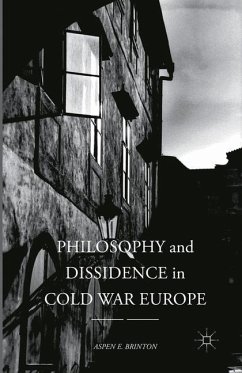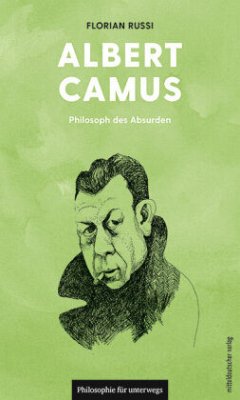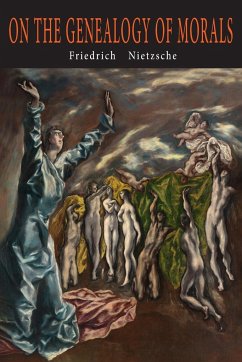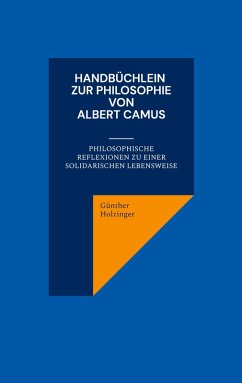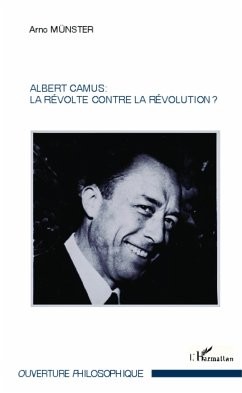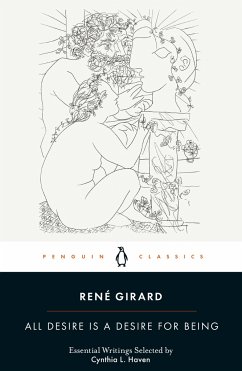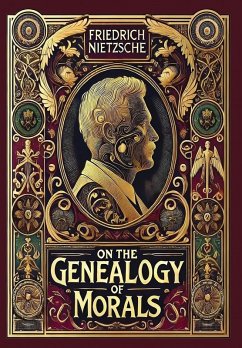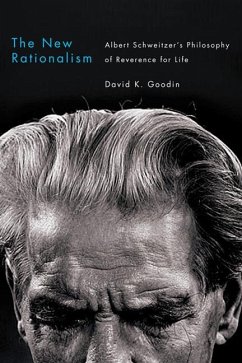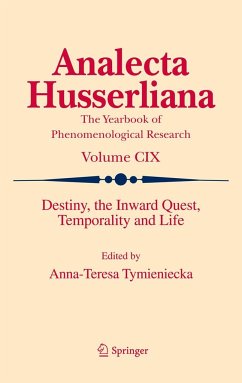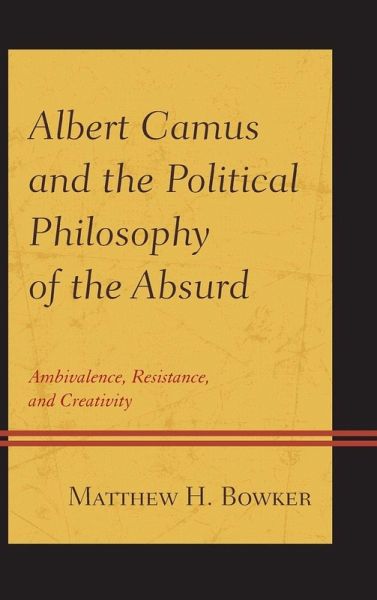
Albert Camus and the Political Philosophy of the Absurd
Ambivalence, Resistance, and Creativity
Versandkostenfrei!
Versandfertig in 1-2 Wochen
117,99 €
inkl. MwSt.

PAYBACK Punkte
59 °P sammeln!
In Albert Camus and the Political Philosophy of the Absurd: Ambivalence, Resistance, and Creativity, Matthew H. Bowker takes an interdisciplinary approach to Albert Camus’ political philosophy by reading absurdity itself as a metaphor for the psychosocial dynamics of ambivalence, resistance, integration, and creativity. Decoupling absurdity from its ontological aspirations and focusing instead on its psychological and phenomenal contours, Bowker discovers an absurdist foundation for ethical and political practice.





